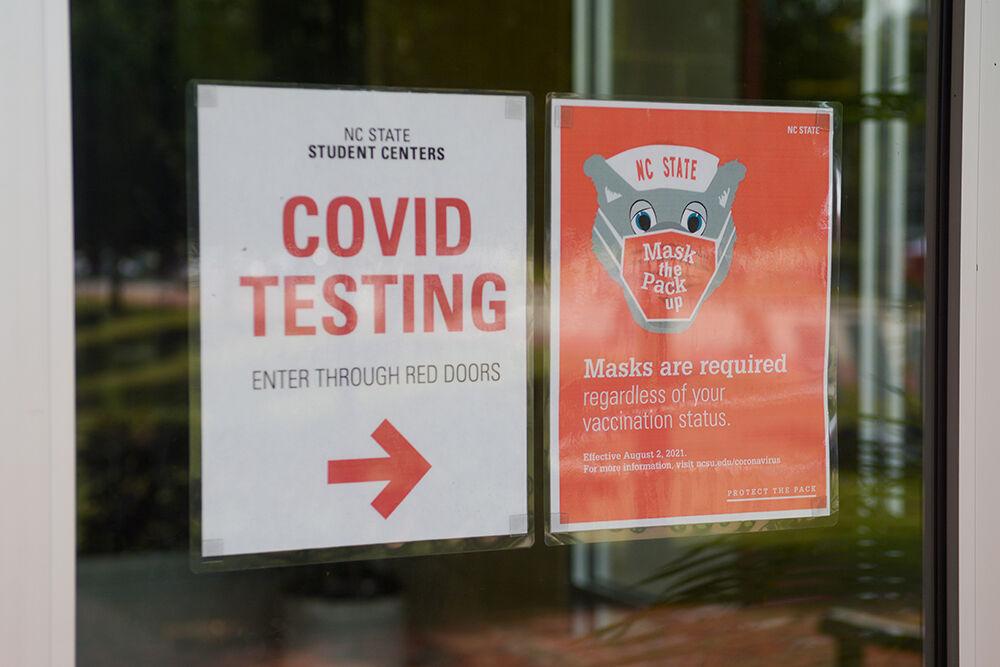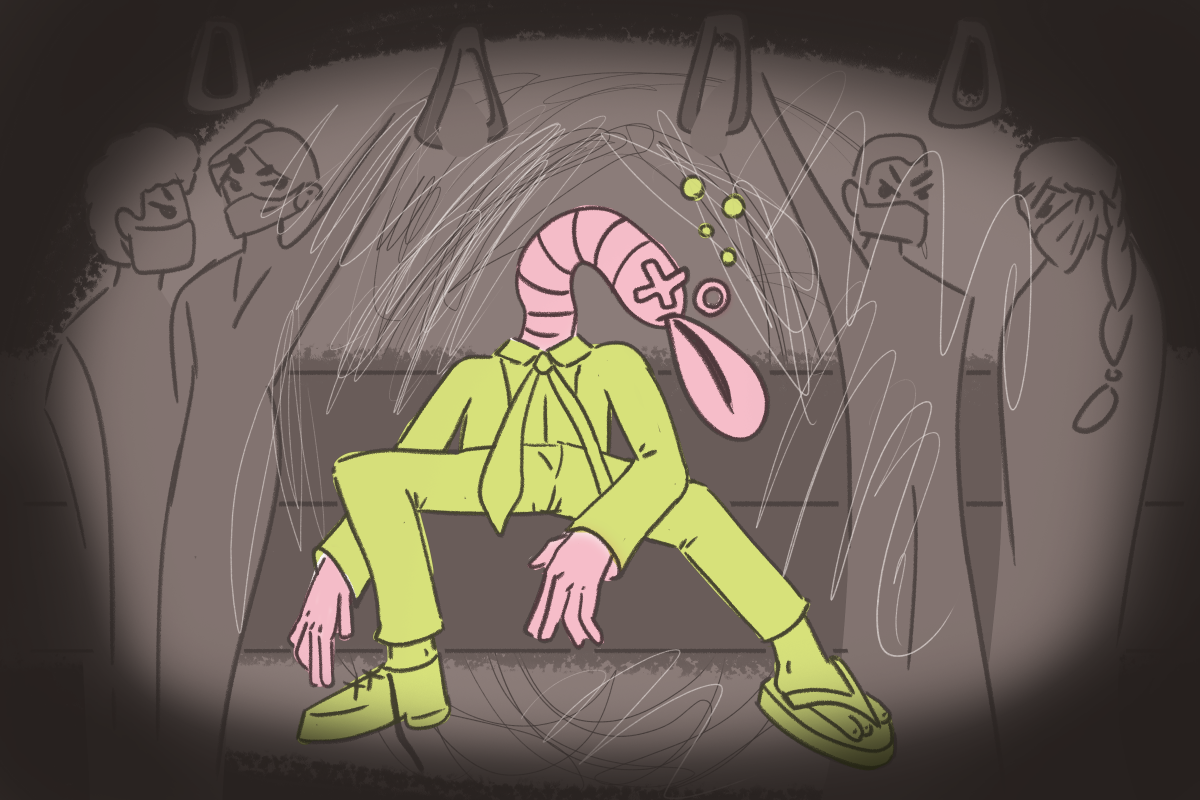With a quick scroll through Instagram, it doesn’t take too long to find memes of college students slumped over their computers, bemoaning the struggles that come with the transition to online classes, or TikToks of students wailing along to sad lyrics about how their college experience is over and there is no point in trying to be productive anymore. For many, an integral part of the college experience is to be around others — yet that is no longer an option.
While we might have been meeting in the library to go over notes, we are watching lectures, and instead of discussing homework with classmates, we are talking about assignments over Zoom screens. This can certainly feel awkward and even a little disappointing sometimes. As much as technology has given us the ability to emulate the “real world,” there are some things we simply cannot replace.
That said, simply being around people does not necessarily equate to being social. On a given day of regular classes, it was impossible to walk around without seeing people on their phones, and it was not uncommon for people to walk or sit next to each other without speaking. This lack of connection translated to the classroom as well; oftentimes people would take their phones and dash out the door the minute class was over.
However, since the shift to online classes, I find that people are more present and willing to contribute, and seem a lot less distracted than before. Now, before starting a discussion, we take a minute to catch up and how everyone is doing, rather than jumping into the questions, which actually has made it a lot easier to get to know classmates while engaging with the material.
This shift has also been present while listening to lectures. Instead of simply listening to obtain information, I am listening more for context, and I am noticing when my professors and classmates use humor, or tell personal anecdotes (which they do a lot more often now than before the transition to online classes). From this, I have a greater understanding of the material and can relate to professors more, which has made going to class a lot more fun and interesting.
One takeaway which can apply to pretty much anyone is that learning is not simply about taking notes. It’s about talking to those who disagree with you. It’s about turning off the mute button and speaking even when you might be unsure of what to say. It’s learning how to synthesize and analyze information to prepare for essays — since many professors are moving away from traditional multiple choice and putting their exams in essay format.
I like to think that when this is over, the way we learn and interact in the classroom might be a little different. Even if these differences are subtle, like turning around to introduce ourselves to the person behind us, or lingering after class to ask a professor to further explain material simply because we find it interesting.
This is a scary and difficult time for all of us, but one thing this experience has taught me so far is that the ability to adapt to new situations is invaluable, and one that will likely be useful for the rest of our lives. Until then, please don’t feel bad about commiserating over online assignments or bingeing on TikToks or even banging your head repeatedly on the table — it’s okay. We’re all in this together, and hopefully we will be a little more curious, a little more engaged, and a little more willing to reach out to those around us.



















